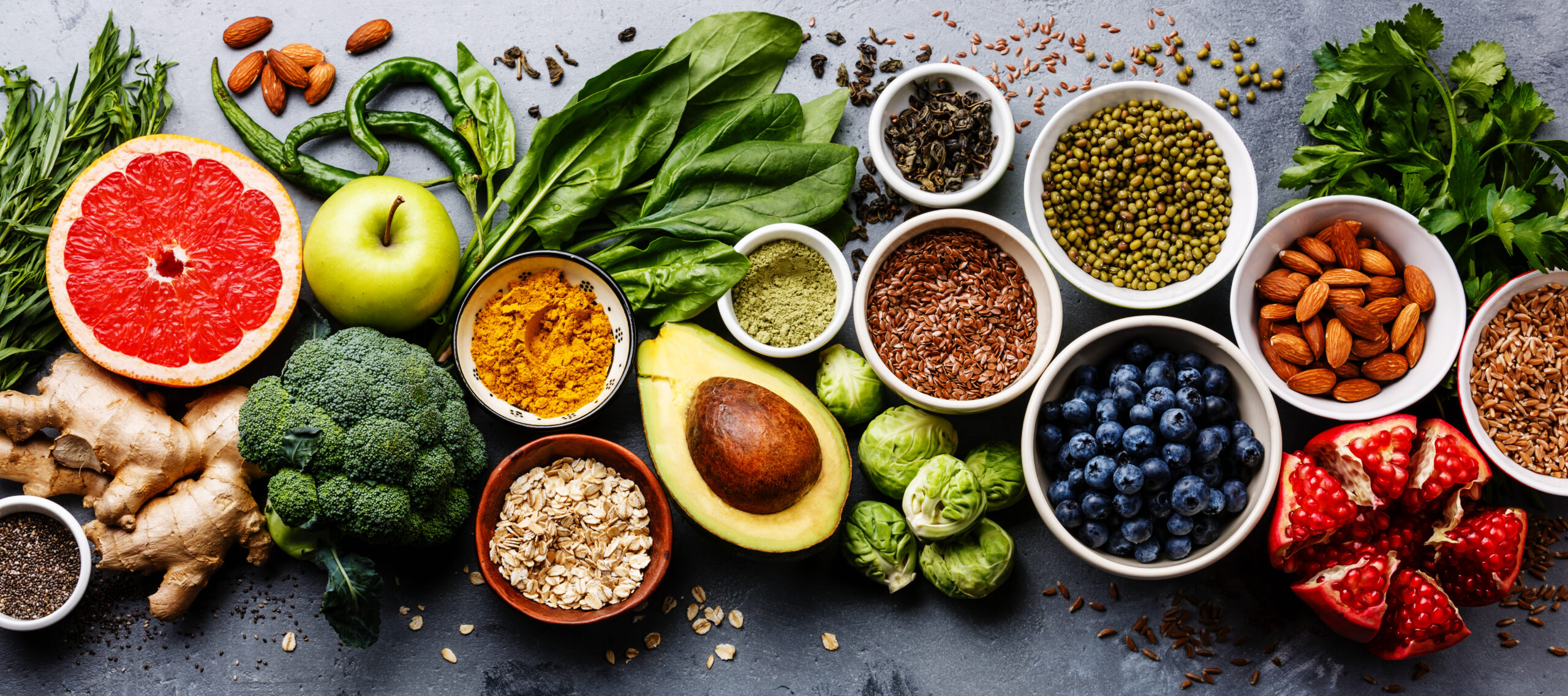Lifestyle and dietary approaches can play a significant role in managing pelvic pain, especially when associated with conditions like endometriosis or other gynecological issues. While these approaches may not provide a complete solution on their own, they can complement medical treatments and help improve overall well-being. Here are some lifestyle and dietary strategies to consider:

Maintain a Balanced Diet:
Anti-Inflammatory Foods: Incorporate foods rich in antioxidants, omega-3 fatty acids, and anti-inflammatory properties. Examples include fatty fish (salmon, mackerel), colorful fruits and vegetables, whole grains, nuts, and seeds.
Limit Inflammatory Foods: Reduce consumption of processed foods, sugary snacks, refined carbohydrates, and excessive red meat, as they can contribute to inflammation.
Stay Hydrated:
Water Intake: Drinking enough water can help prevent urinary discomfort and support overall well-being.
Manage Stress:
Stress Reduction: Engage in stress-relief practices such as deep breathing, meditation, yoga, and mindfulness to manage pain perception and promote relaxation.
Regular Physical Activity:
Exercise: Engage in regular moderate exercise, such as walking, swimming, or gentle yoga, to improve blood circulation and overall health.
Pelvic Floor Exercises: Strengthening and relaxing the pelvic floor muscles through specific exercises can help manage pelvic pain.
Adequate Sleep:
Sleep Hygiene: Establish a regular sleep schedule, create a comfortable sleep environment, and practice relaxation techniques to improve sleep quality.
Heat Therapy:
Hot Compresses: Applying a warm compress or taking warm baths can help relax muscles and alleviate pain.
Mind-Body Practices:
Mindfulness and Meditation: These practices can help manage pain perception and promote emotional well-being.
Limit Caffeine and Alcohol:
Caffeine: Reduce caffeine intake, as it can exacerbate pelvic pain and contribute to irritability.
Alcohol: Limit alcohol consumption, as it can potentially worsen inflammation and disrupt sleep.
Dietary Modifications:
Fiber-Rich Foods: Incorporate fiber-rich foods like whole grains, fruits, and vegetables to support healthy digestion and regular bowel movements.
Omega-3 Fatty Acids: Include sources of omega-3 fatty acids, such as fatty fish, flaxseeds, and walnuts, which have anti-inflammatory effects.
Limit Trigger Foods: Identify any specific foods that exacerbate your symptoms and consider limiting or avoiding them.
Supportive Footwear:
Comfortable Shoes: Wear comfortable, supportive footwear to maintain proper posture and reduce strain on pelvic muscles.
Consult a Healthcare Provider:
Before making significant dietary or lifestyle changes, consult a healthcare provider to ensure they are appropriate for your individual condition and health needs.
Remember that every individual’s experience with pelvic pain is unique, so it’s important to tailor lifestyle and dietary approaches to your specific situation. Integrating these strategies alongside medical treatments, under the guidance of a healthcare provider, can help you effectively manage pelvic pain and improve your overall quality of life.


